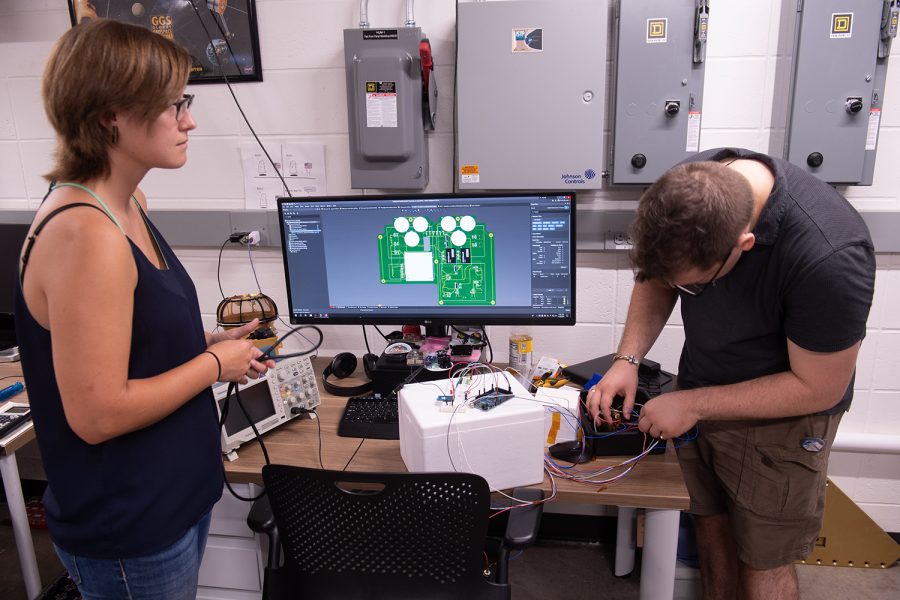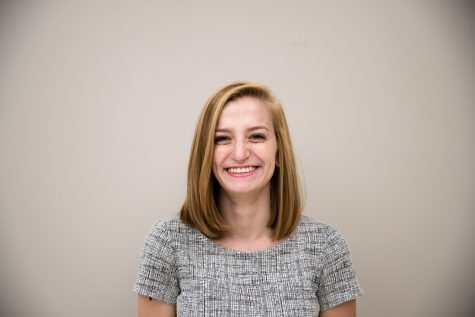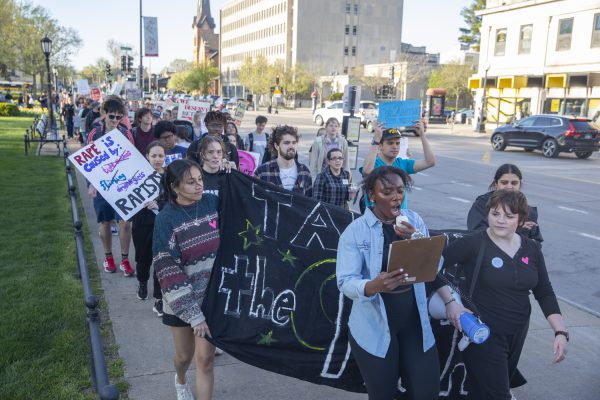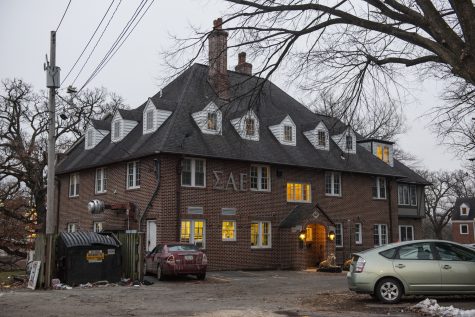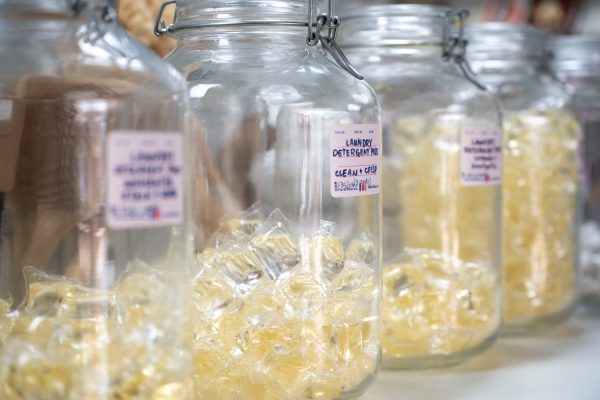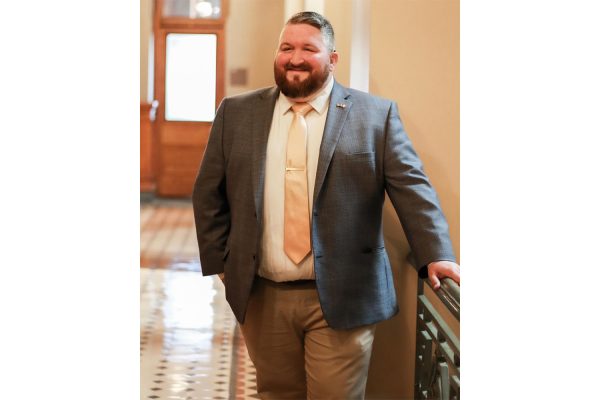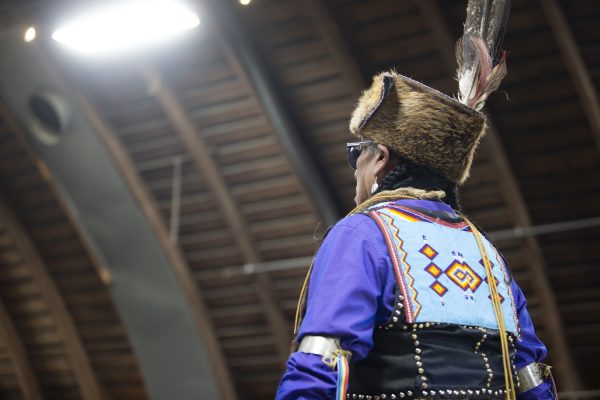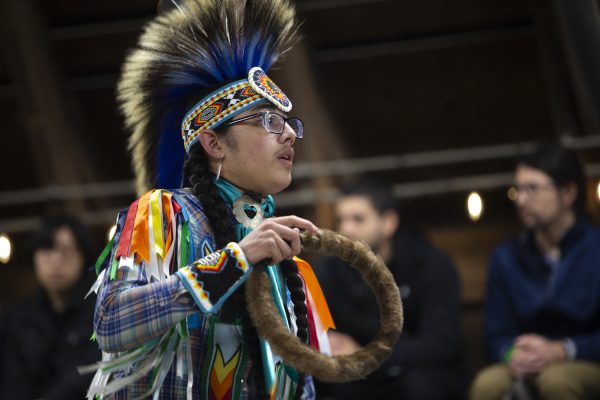UI technology awards offer opportunity for faculty to enrich classrooms
The University of Iowa’s Innovations in Teaching with Technology Awards allocated funding to seven faculty projects in an effort to improve student experiences in the classroom.
Tim Schoon - Staff Photographer
Contributed
February 23, 2020
Eighteen years ago, the University of Iowa began its tradition of fostering creativity when it comes to adding technology to classrooms and lecture halls on campus through its Innovations in Teaching with Technology Awards.
The Innovations in Teaching with Technology Awards funded seven projects on the UI campus this spring for a total of $96,848.
The funding is generated by a part of the student-technology fees that undergraduate and graduate students at the UI pay every semester, said Associate Director of the Office of Teaching, Learning, and Technology Steve Silva. He added that the awards receive $100,000 every year to fund projects that will be used in classrooms across campus.
“The mandatory student-technology fee is committed to that money going back to support students’ learning,” he said. “It’s important to me and people around me that students see their investment. The [Innovations in Teaching with Technology Awards] program is [an example of] the students’ fees being returned to students to specifically support them.”
Faculty members are encouraged to submit proposals to these awards, Silva said. Two faculty members with a submission for the spring 2020 awards included UI Physics and Astronomy Assistant Professors Allison Jaynes and David Miles.
Jaynes said the pair’s proposal, “The Edge of Space: Hands-on Space Instrumentation Design,” was made possible by the technological-innovation awards. She said their proposal was about creating a course for students to dive into and build space instruments.
There are not many opportunities for undergraduate and graduate students to do hands-on work, Jaynes said, until the awards allowed for her and Miles to create one.
“We heard about this opportunity and thought it was pretty much perfect for what we were hoping to do,” she said. “I see [the awards] being applicable to such a wide range of programs across campus. The technology piece that we are bringing in [to the classroom] is actual coding, hardware, and working with electronics components. Our use of technology is using [it] to understand the basics of technology and creating a foundation for [our students’] learning experience going forward.”
RELATED: UI offers a new course allowing students to be mission control for a project of their own
Miles said their project has been years in the making. The proposal required funding because they must build a classroom where students can create space instruments as well as use the High-Altitude Balloon Experiments in Technology Platform at Iowa State University to make the capstone class as real as possible.
“I think it’s important for undergraduate students to have a capstone project at the end of their degree and our hope with this course [there will] be that experiential element where students get to design, build, develop, construct, and look at their own data for their experiment,” he said. “This will be very similar to building an instrument for space, but we want it to be fast enough and at a reasonable enough cost that we can hopefully do this on an ongoing basis in the curriculum.”
In order to create and develop this new opportunity, Miles said, funding was essential to bringing technology into the classroom — that’s where the Innovations in Teaching with Technology Awards really make a difference.
Jaynes said this course and others that invite innovation through a technological lens are crucial for students in every field, but especially those who tend to learn in different ways.
“We’re aware now that there are a variety of learning styles that each person is separately attuned to,” Jaynes said. “Technology makes for a more even learning experience and an equitable class experience if you can bring in a bunch of different angles to the learning experience. Technology makes for a more inclusive environment for all students. This is an amazing program. This enhancement and enrichment would not be possible without these awards.”



